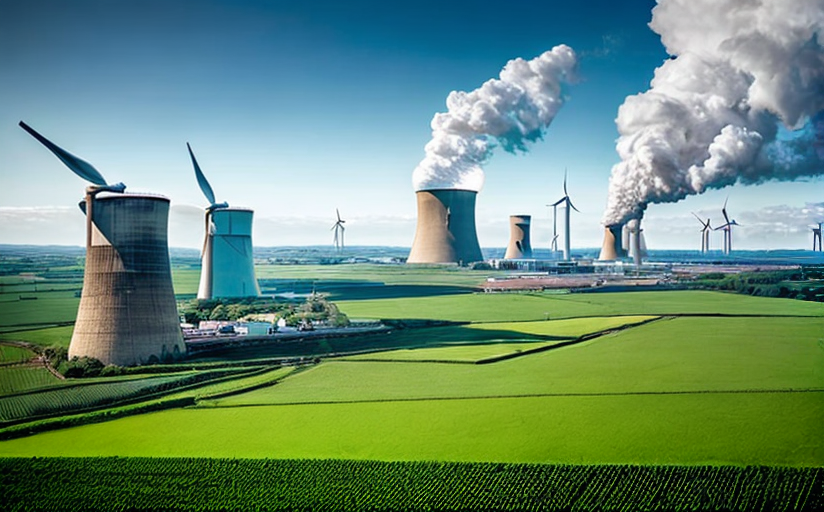Nuclear Energy: Solution to Climate Change or Environmental Hazard?
The ongoing threat of climate change has forced the world to explore alternative forms of energy that are cleaner and more sustainable. Among the proposed solutions is nuclear energy, a complex issue that's equally recognized for its potential benefits and hazards.
The Case for Nuclear Energy
Perhaps the most attractive advantage of nuclear energy is that it can generate a massive amount of power with zero carbon emissions. Unlike fossil fuels, nuclear power plants produce power by splitting atoms, which causes no air pollution. According to a 2021 study by the Massachusetts Institute of Technology, nuclear energy is one of the powerful tools we can employ to reduce greenhouse gas emissions and meet our current and future energy needs.
The Risk of Nuclear Power
However, nuclear energy isn't without its risks. The incidents at Chernobyl and Fukushima demonstrate how nuclear accidents can bring catastrophic damage to the environment and human health. Furthermore, the issue of radioactive waste management remains a challenge. Though the volume of waste is low compared to other power sources, the high toxicity and long-lived nature of nuclear waste demand secure storage solutions that can withstand thousands of years. A report by the International Atomic Energy Agency admits that though secure storage solutions presently exist, they are highly contingent on effective regulatory oversight.
The Sustainability of Nuclear Energy
Nuclear energy is an abundant resource, with enough uranium in the earth's crust to power civilization for many centuries. However, the question of sustainability isn't just about availability. The requirements for the construction and decommissioning of nuclear plants, uranium mining and refining, and waste storage also need consideration. To this end, a report from the World Nuclear Association states that while nuclear energy is sustainable in the short to medium term, achieving full sustainability will require advancements in technology and large-scale implementation of recycling spent fuel.
The Future of Nuclear Power
A broad consensus among scientists is that we must keep all options open in the fight against climate change. Emerging nuclear technologies such as small modular reactors and thorium reactors promise to address many of the safety and waste management concerns associated with conventional reactors. Meanwhile, the potential of nuclear fusion, the holy grail of nuclear power, remains on the horizon, though turning it into a viable power source will be a challenging task.
Conclusion
There are undeniable benefits to nuclear power as we seek solutions to combat climate change. However, the challenges that accompany this form of energy cannot be overlooked. Careful consideration and balanced decision-making are vital as we strive for sustainable, safe, and climate-friendly ways to power our future.


















Comments
Leave a Comment